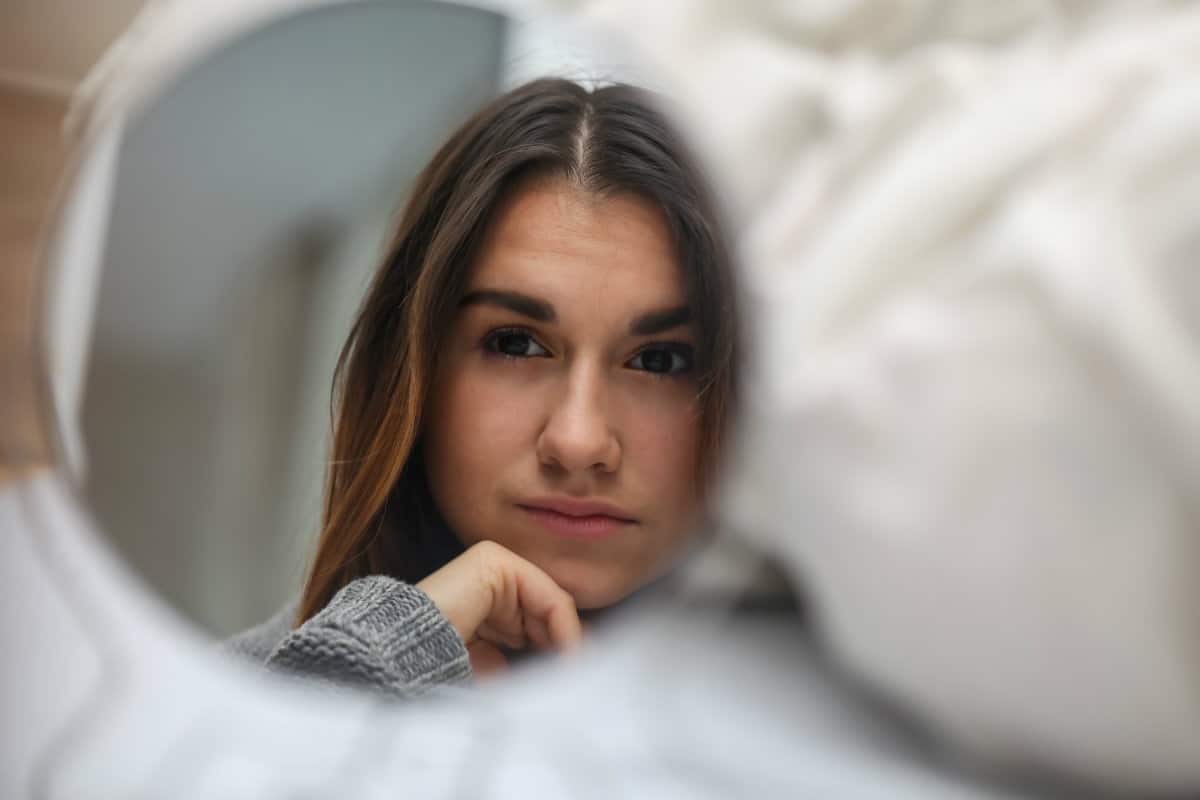Your body image is the way you view your physical self. When you struggle with body image issues, you do not see yourself as others do. In fact, you do not see yourself as you actually are. This can make you strive for ideals that do not balance with reality.
How Body Image Issues Begin
Body image issues start early in your childhood, when you form your own self-image, or how you see yourself in the mirror and throughout each day. You form ideas about your appearance, health, roles, and acceptability. Negative body image issues often lead to eating disorders and other issues.
As you grow and age, your body image continues to develop. This development uses feedback from others, including peers, members of your family, mentors, coaches, and others. If you suffer from personality problems, such as perfectionism or low self-esteem, these can affect your body image, too.
Other signs of negative body image include comparing one’s body to others’ bodies. Speaking or thinking negatively about your body shows an unhealthy self-image. Women with these problems often compare themselves to others around them or question how they look in comparison with other people, such as celebrities.
How Body Image Issues Relate to Eating Disorders
Athletes being criticized by their coach about weight often develop body dissatisfaction. Actors being passed over for parts because of their size causes similar problems in self-image. Comparing oneself with unrealistic media images of others’ bodies also triggers low self-esteem and eating disorders for some women.
Unfortunately, when body image is not realistic, even reaching weight goals or other expectations does not satisfy the urge to change. When you suffer body image problems, even being at a healthy weight appears too overweight to you. Someone with an eating disorder that leads to excessive weight loss does not see the reality in their reflection.
Some overweight people also struggle with body image. Many people report seeing themselves in a photo or a window reflection marks a moment when they recognize their obesity for the first time.
When you suffer a body image problem, you risk the development of eating disorders like anorexia or bulimia. You may restrict your eating or exercise too much, obsessing about your weight. Others compulsively overeat and purge after doing so, causing greater health problems along the way.
Getting Help for Body Image Problems
Never underestimate how body image affects the rest of your life. Having an unhealthy relationship with food that leads to an eating disorder can cause many lasting health problems. Eating disorders can impact your heart, kidneys, and other major organs. However, with the right help from a womens eating disorder treatment center, you can heal your body image and live in a more balanced, healthy, and positive lifestyle.
Therapies helpful for body image and eating disorder problems include:
- Individual counseling
- Family therapy
- Cognitive behavioral therapy
- Psychiatry
- Dual diagnosis treatment
- Holistic, yoga, and equine therapies
Don’t continue struggling with body image issues alone. Call Magnolia Creek at 205-409-4220 for the eating disorder and body image treatment you need. Learn about available programs and what changes you can expect with the right help.




